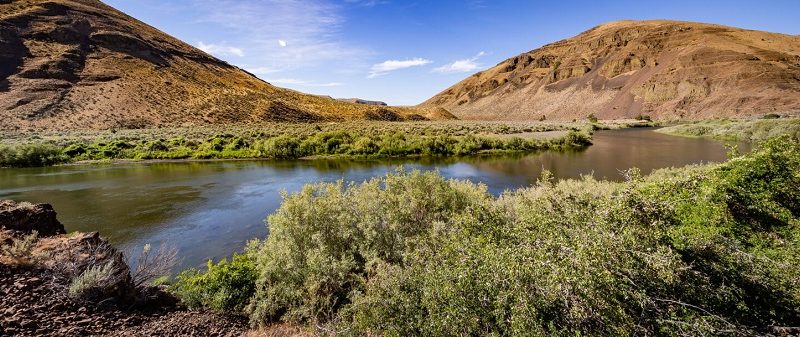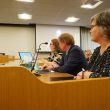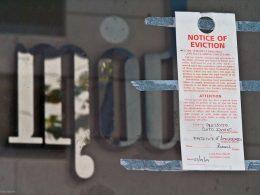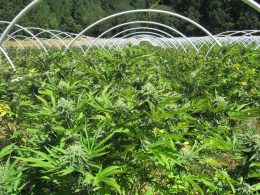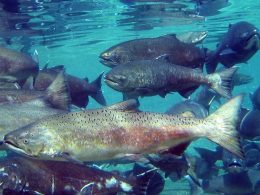Salem, OR – Oregon has begun the long-awaited process of allocating nearly $700 million from a historic settlement with agrochemical giant Monsanto, marking one of the largest environmental restoration efforts in state history.
The $698 million settlement, reached in December 2022, resolves a lawsuit brought by the Oregon Department of Justice alleging that Monsanto polluted Oregon’s waterways for more than 90 years with toxic chemicals known as Polychlorinated biphenyls (PCBs). PCBs, once widely used in electrical equipment and industrial products before their production ceased in 1977, are linked to cancer and continue to threaten aquatic ecosystems across the state.
Governor Tina Kotek announced the formation of the Oregon Environmental Restoration Council, which will oversee the planning, investment, and distribution of the settlement funds over the next 50 years. The council, co-chaired by Chuck Sams, an enrolled member of the Confederated Tribes of the Umatilla Indian Reservation and former director of the National Park Service, and Michael Dembrow, former Oregon state senator, is tasked with ensuring the money supports meaningful environmental restoration projects benefiting communities statewide.
“This is a once-in-a-generation opportunity,” said Nicole Maness, manager of the state’s Environmental Restoration Fund. “This significant funding comes at a critical time, given uncertainty around federal restoration funding.”
The settlement money will be invested by the Oregon State Treasury, generating interest income distributed biennially. Half of the funds released every two years will support state agencies in water and environmental restoration work. Twenty-five percent will be allocated to Oregon’s nine federally recognized tribes for conservation and natural resource projects, while the remaining quarter will fund community-led initiatives aimed at neighborhoods disproportionately affected by pollution.
More than a dozen waterways in Oregon, including the Portland Harbor, Columbia River, Willamette River, and Coos Bay, are currently impacted by PCB contamination. The council intends to address PCB pollution and broader environmental harms through projects such as removing barriers to fish migration, improving aquatic habitats, enhancing water quality, and ensuring the health and abundance of salmon populations critical to tribal communities.
Governor Kotek also named Cheyenne Holliday, advocacy director of the Portland-based environmental and social justice nonprofit Verde, as vice chair of the council. Other members include directors or designees from the Oregon Health Authority, Department of Fish and Wildlife, Department of Environmental Quality, the Attorney General’s office, and legislative non-voting members.
The council expects to convene its first meeting this summer, marking the official start of what promises to be a transformative effort in restoring Oregon’s environment for current and future generations.





